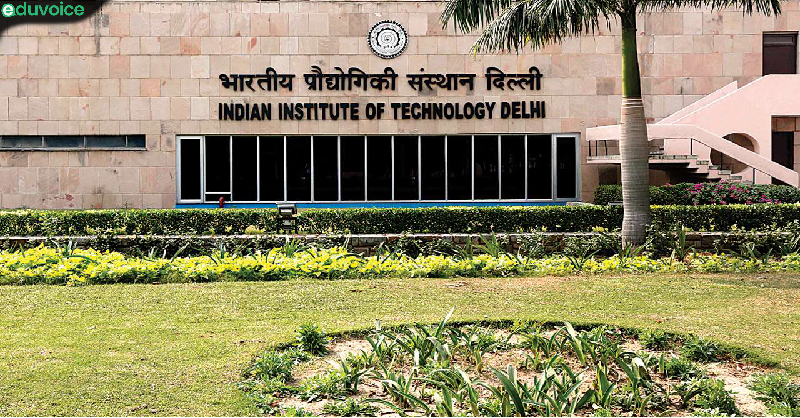The partner institutes in this project include IIT Kanpur, IISER Bhopal, RKMVU Kolkata, SRU Chennai, IIPH Gandhinagar.
The Centre for Atmospheric Sciences (CAS), IIT Delhi is conducting a study to develop India-specific heat stress tolerance thresholds. This study is part of a project “Heat Stress Index for India: projection for the near future (HIIPROF)” undertaken by IIT Delhi, in partnership with 5 other institutes of India.
Heat stress is stress felt by the body when exposed to heat in the summer. The project will help in formulating a better and efficient heat management plan across the country as heat stress is expected to increase due to global warming.
One of the major components of this study, funded by the Department of Science and Technology, Government of India under “Climate Change and Human Health Program”, is a population-based survey through which the Centre is collecting data about the people’s perception of heat exposure along with direct measurement of stress condition and thermal imaging of human physiology under heat stress.
A person can participate in the survey by downloading an android app ‘Heat Stress Survey’ from Google Play Store or through the website www.heatstressindia.in.
A person residing in any part of the country can participate in this survey while ensuring that their mobile’s GPS location is on so that their city can be located. One can submit their responses every day until July 15, 2019.
The survey is seeking people’s response to questions like at what time of the day they felt maximum discomfort, nature of the day whether it was dry and hot or humid, what kind of activity they undertook on a particular day etc.
“This will help the Government to formulate appropriate heat management plan, especially when heat condition is expected to worsen in India under global warming,” Prof. Sagnik Dey from CAS, IIT Delhi, who is also project’s Principal Investigator said while speaking about the study.
“Even if the heat stroke is avoided, the stress can cause issues like headache, cell damage, renal failure, fatigue, neurological problems, kidney stones,” he added.
The partner institutes in this project include IIT Kanpur, IISER Bhopal, RKMVU Kolkata, SRU Chennai, IIPH Gandhinagar.
(Source – NDTV)

